Last updated on February 12th, 2025 at 01:31 pm
Having lagging issues when playing games can be very irritating. Lag can cause choppy graphics, long loading times, and can even make games unplayable. If you are having these issues while playing PC games, then you have come to the right place!
In this article, we will discuss how to fix gaming lag on your Windows PC. We will cover some reasons why your PC is lagging while gaming and how to remedy them. As you finish reading this article, you should have enough knowledge on how you can run games on your computer more smoothly.
Check For Malware On Your PC
If your PC has malware and viruses like Trojans or crypto miners, this can cause high CPU usage by continuously running in the background, even when you are PC is idle. This can cause you to face micro-stuttering during gameplay.
Make sure to remove this malicious malware by using a trustworthy anti-virus software. Run a full scan of your system using your antivirus software to check for and remove any malicious software.
If you’ve got a gaming laptop, then your PC has two graphics cards inside it; an integrated graphics card and a much stronger dedicated graphics card. PC games can sometimes accidentally use the onboard GPU instead of the dedicated GPU.
If this happens with a demanding game, you’re going to get terrible performance. Because the onboard graphics card isn’t powerful enough to run these games, you’re going to end up having low frame rate and graphics, and can also result in your game crashing. Be sure to check your GPU control panel to see if your dedicated GPU is set to default. To find out how to do this, read the guide, “How To Switch From Integrated Graphics To Dedicated GPU“.
Your Computer Doesn’t Meet The Minimum Requirements
If you don’t have enough RAM (random access memory) and VRAM (video random access memory) than what is recommended for the game, this will result in constant game stuttering. Every game developer sets a minimum system requirement that you must fulfill in order to play the game properly.
Both RAM & VRAM play a very important role in smoothly running games, and it is generally a good idea to have more than the amount that is recommended for the game.
For modern-day AAA games, 16GB of RAM is generally required, and the amount of VRAM that you need for 1080p gaming should be between 4-6GB. If you game on higher resolutions like 1440p or 4K, expect to need more RAM & VRAM to run the game better.
Close Programs Running in the Background
One of the most common reasons why your PC is lagging during games is because you have other programs running in the background. These programs can use up precious system resources and can make it hard for your game to perform well. It is typical for apps like web browsers, music streaming services, and social media software to hog many resources, so try closing these before starting the game.
If you want to find out what is running in the background, open Task Manager by pressing the keys Win + X, then select Task Manager.
CPU Overheating
If your CPU is overheating, it will throttle down to lower frequencies to reduce heat. This can definitely lower your gaming performance, especially if the game depends on your CPU. It is important to make sure that the fans are working normally and that your computer is properly cooled. For more information on how to solve overheating, read the article “Why Is My PC Overheating?”
Update Your Drivers
There is a possibility that you haven’t updated your drivers in a long time. If this is true, you should try to update it as soon as possible. Using outdated drivers for too long can cause issues with your computer and can lead to major problems down the road. Always make sure to update any drivers for your computer to keep your computer in the best shape possible.
It is common for game developers to release patches to fix glitches and other issues that newly released games tend to have. Having up-to-date drivers installed on your PC also gives you the most optimal performance to run the latest games and other programs. Don’t forget to check for updates for your graphics driver periodically.
Overclocking Issues
If you overclocked your CPU before, then this could be another reason why you are having lag in your PC games. This can happen when the overclock that you performed becomes unstable.
Try to disable any CPU overclocking and run it on stock frequencies only. There are many games that don’t do well if the CPU is overclocked, and this can lead to several game crashes if the CPU isn’t running at normal speeds. You can also try this method with graphics cards as well.
Disable High Precision Event Timer
Disabling HPET (High Precision Event Timer) is another good way to improve your gaming framerates and can also fix the lag that you are currently facing.
- Press the key combo Windows key + R to open the Run dialog window.
- Type in devmgmt.msc and click OK.
- Device Manager will now launch. Right-click High precision event timer by accessing the System devices tree, and then select Disable from the menu.
- Click Yes when you see a notification appears
- Afterward, launch your game to see if disabling HPET made the FPS and other performance areas in your game smoother.
CPU Bottleneck
If your CPU is bottlenecking while gaming, this can be another reason why your framerate is low and your PC is lagging. A CPU bottleneck occurs when a CPU is not fast enough to keep up with other hardware like your graphics card.
This generally happens if your CPU is old or not strong enough to run a game that is heavily CPU-dependent. It can also occur the game is having compatibility issues with your CPU. This can cause you to experience mediocre FPS and an unpleasant, stutter-filled gaming experience. Unfortunately, there isn’t an easy way to reduce a CPU bottleneck.
If you have a gaming desktop, you will have to upgrade your CPU and possibly your motherboard along the way if you want to play the latest AAA games at higher frame rates without any lag. If you have a gaming laptop, now might be the perfect time to save up and get a new one. When upgrading your CPU or buying a new gaming laptop, try to get one that has at least six cores or higher.
Reinstall Your Drivers
When upgrading your graphics card, don’t forget to erase any drivers that were for your older GPU. The drivers from your old GPU could crash your PC and affect the performance of your new graphics card. Your old drivers can sometimes cripple the new GPU so badly that even your older graphics card might perform better than the new one.
You can use a free utility called DDU (Display Driver Uninstaller) to easily uninstall your graphic drivers. This program can locate the graphic card manufacturer’s registry settings and files and will clean your PC of any hidden files that might still be in your PC. To learn how to use this program, read the article “How To Clean Install AMD/NVIDIA/Intel Graphics Drivers Using DDU“.


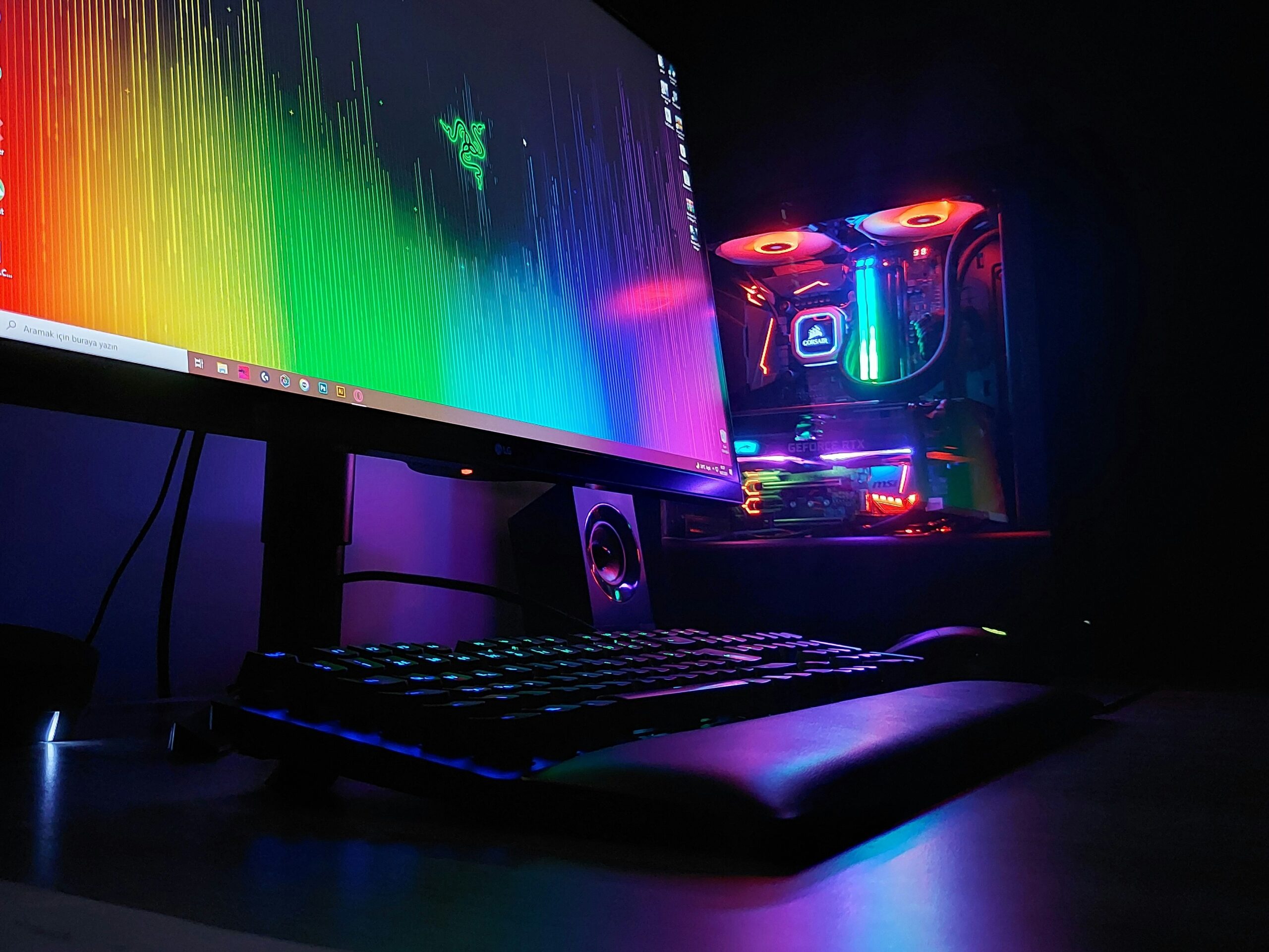
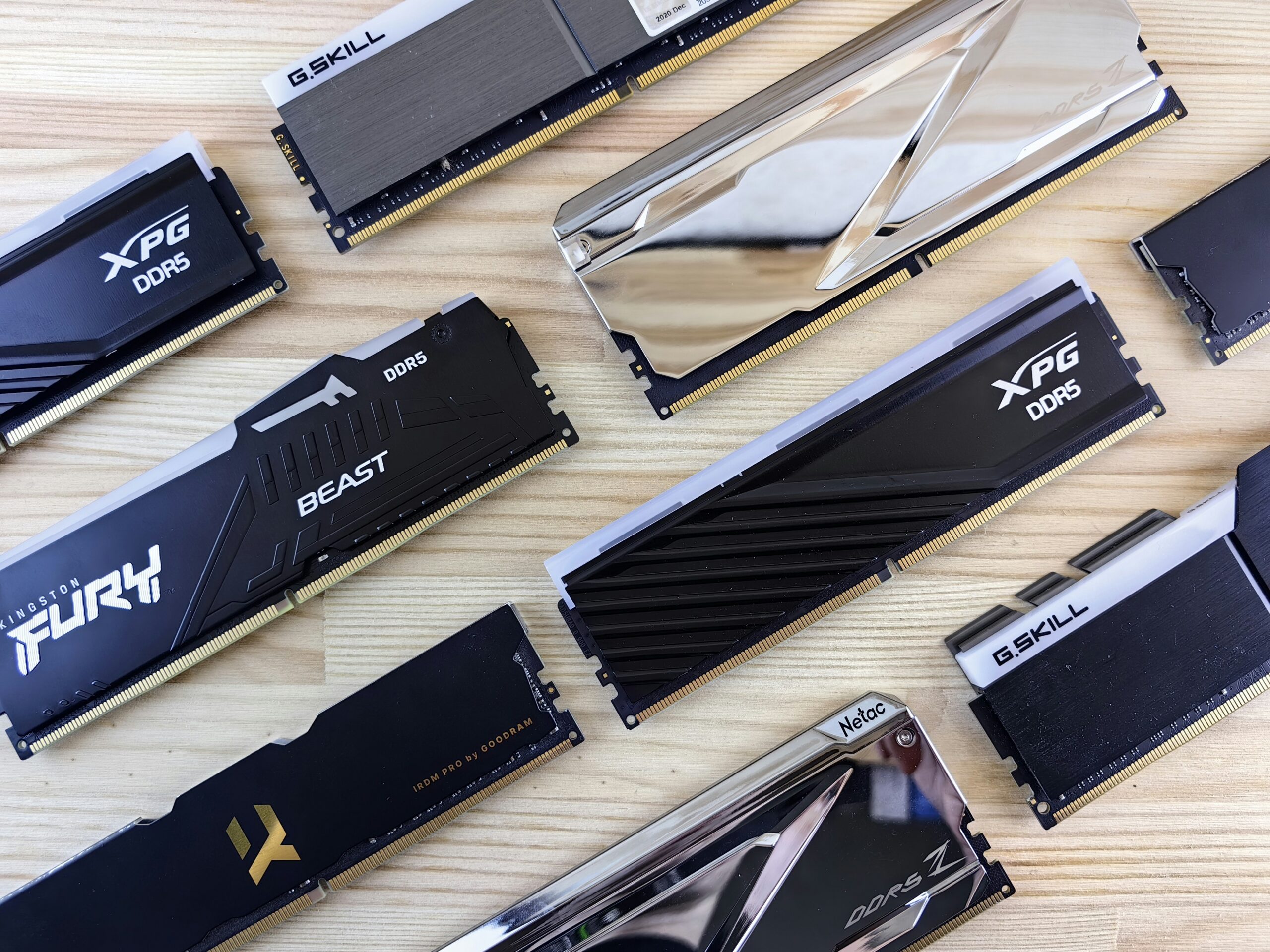
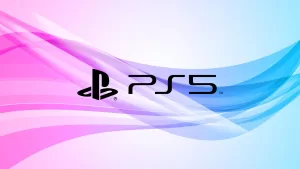
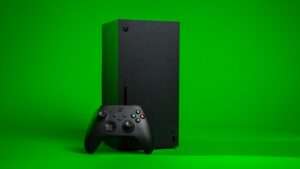
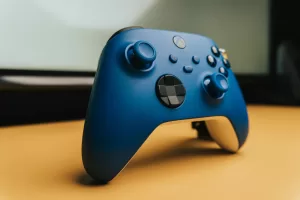
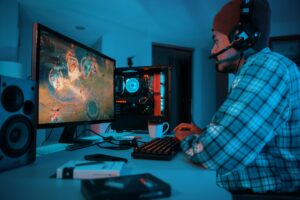
Hello there! This post could not be written any better! Reading this post reminds me of my good old room mate! He always kept talking about this. I will forward this post to him. Fairly certain he will have a good read. Many thanks for sharing!